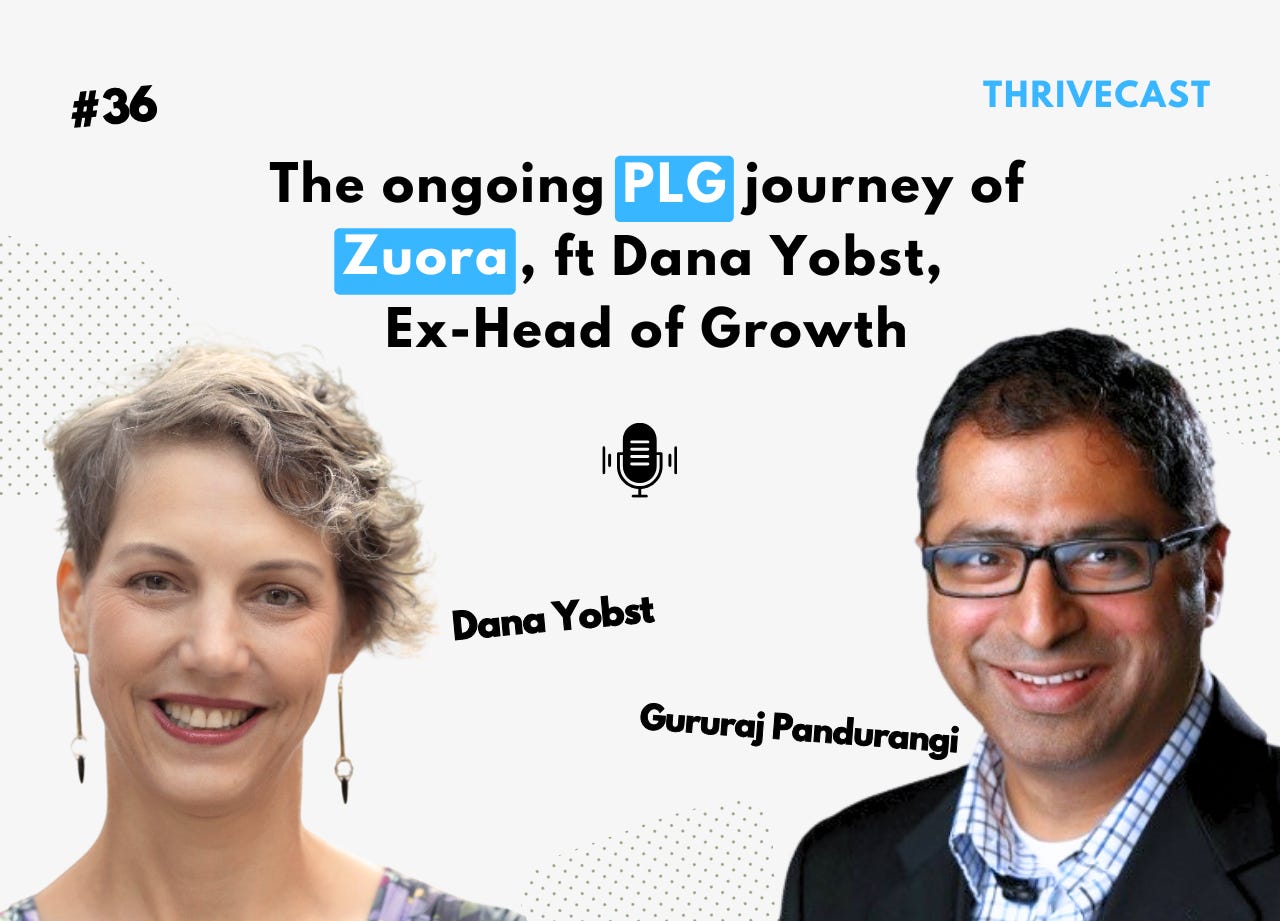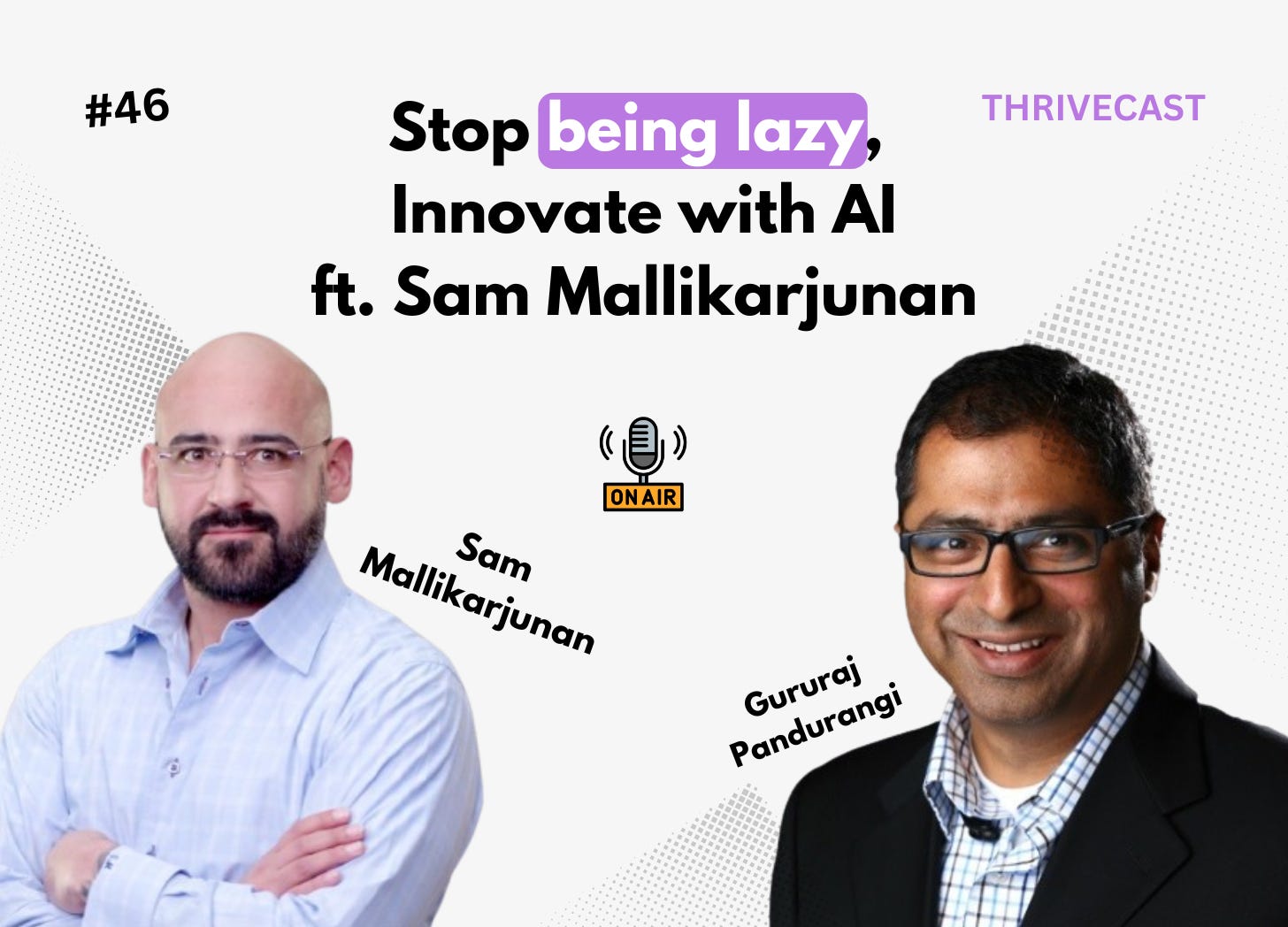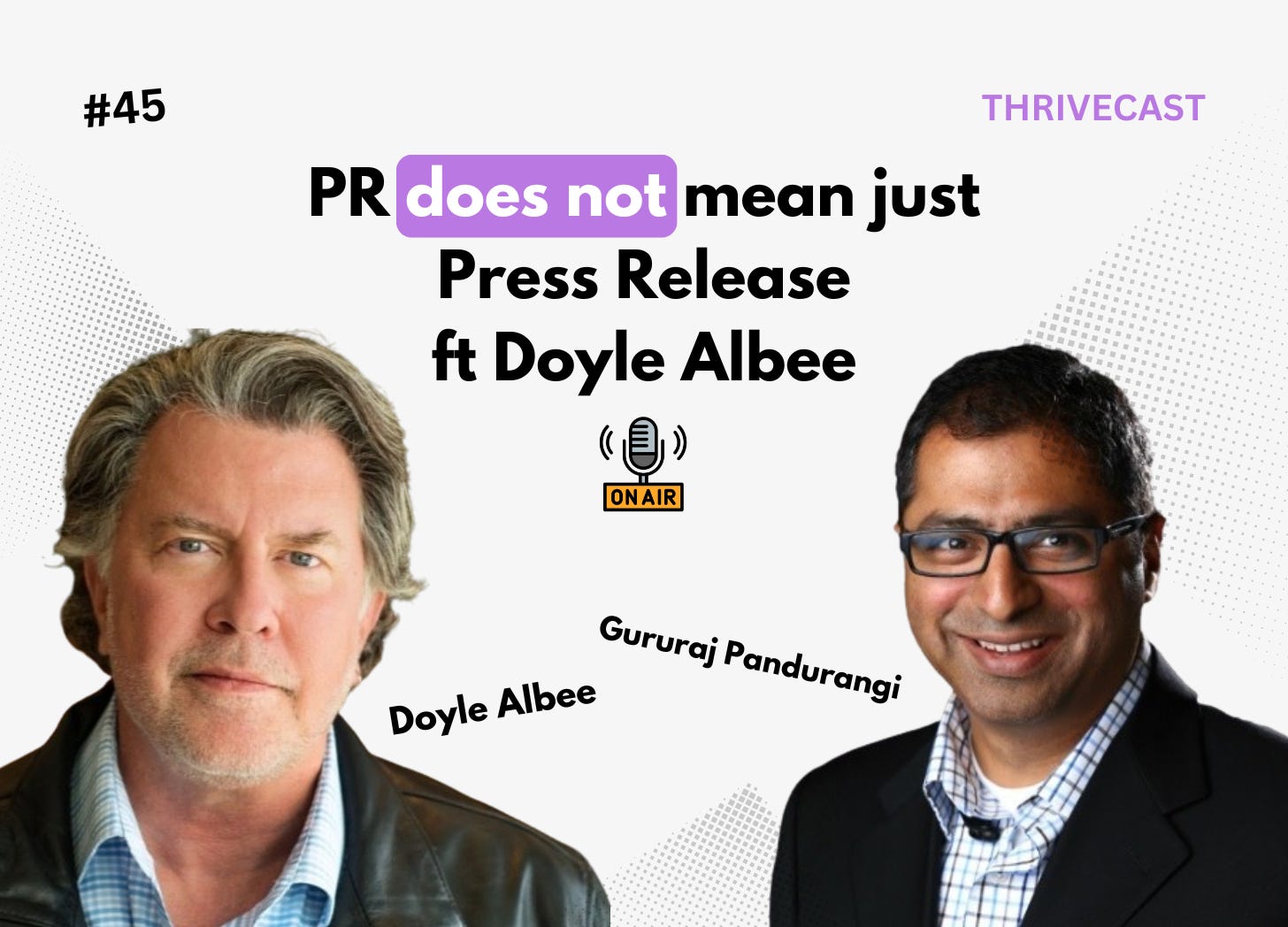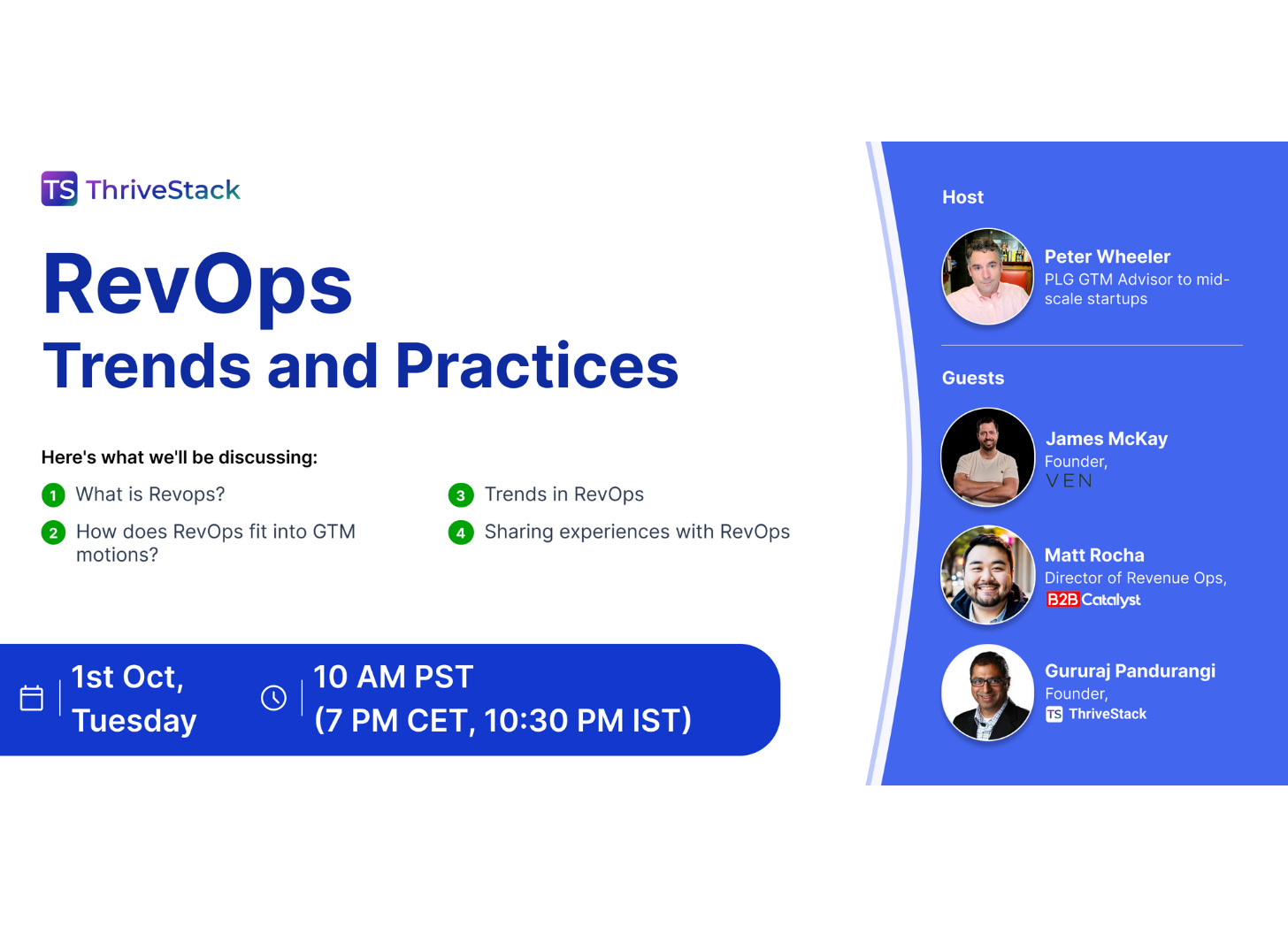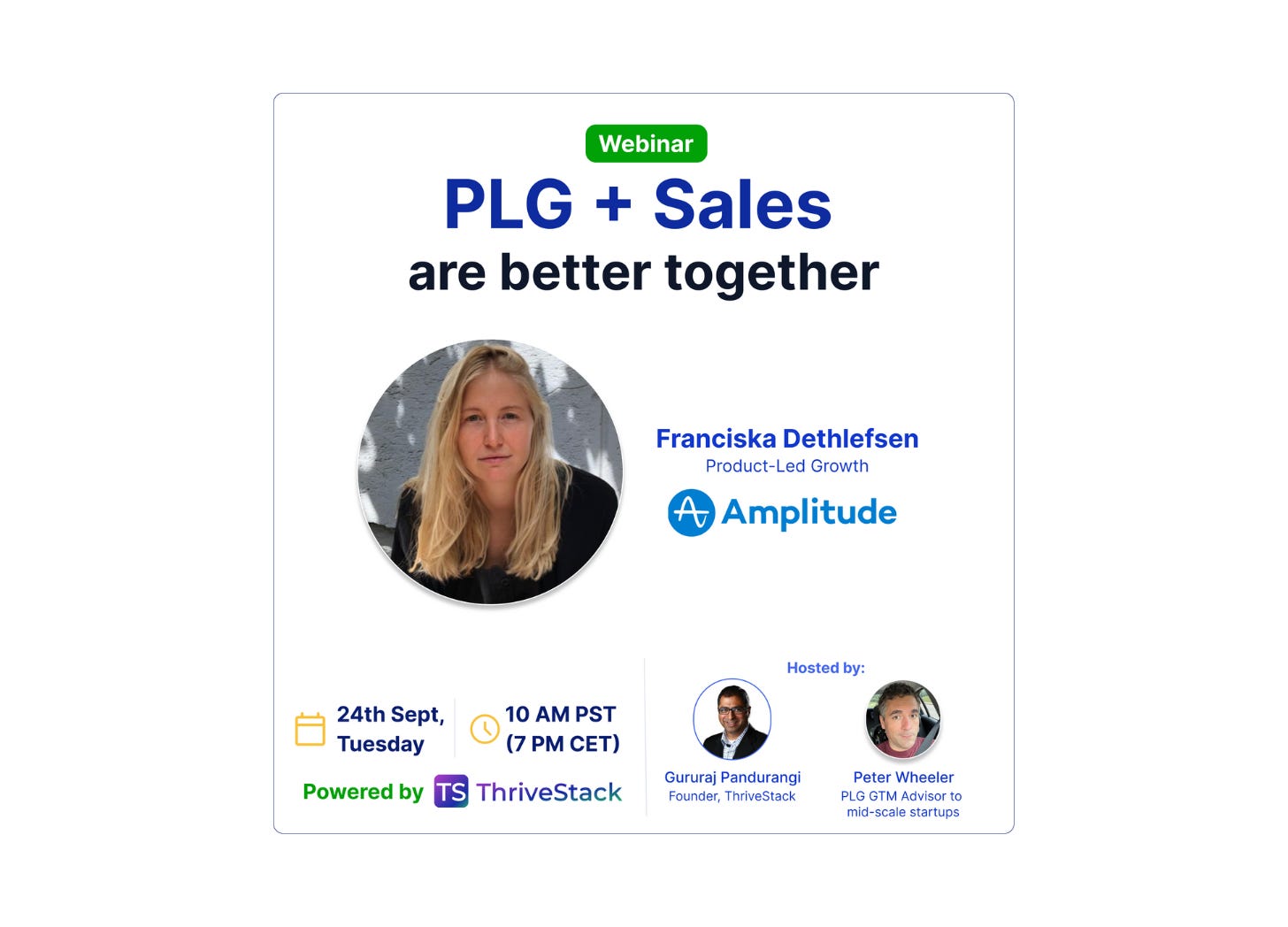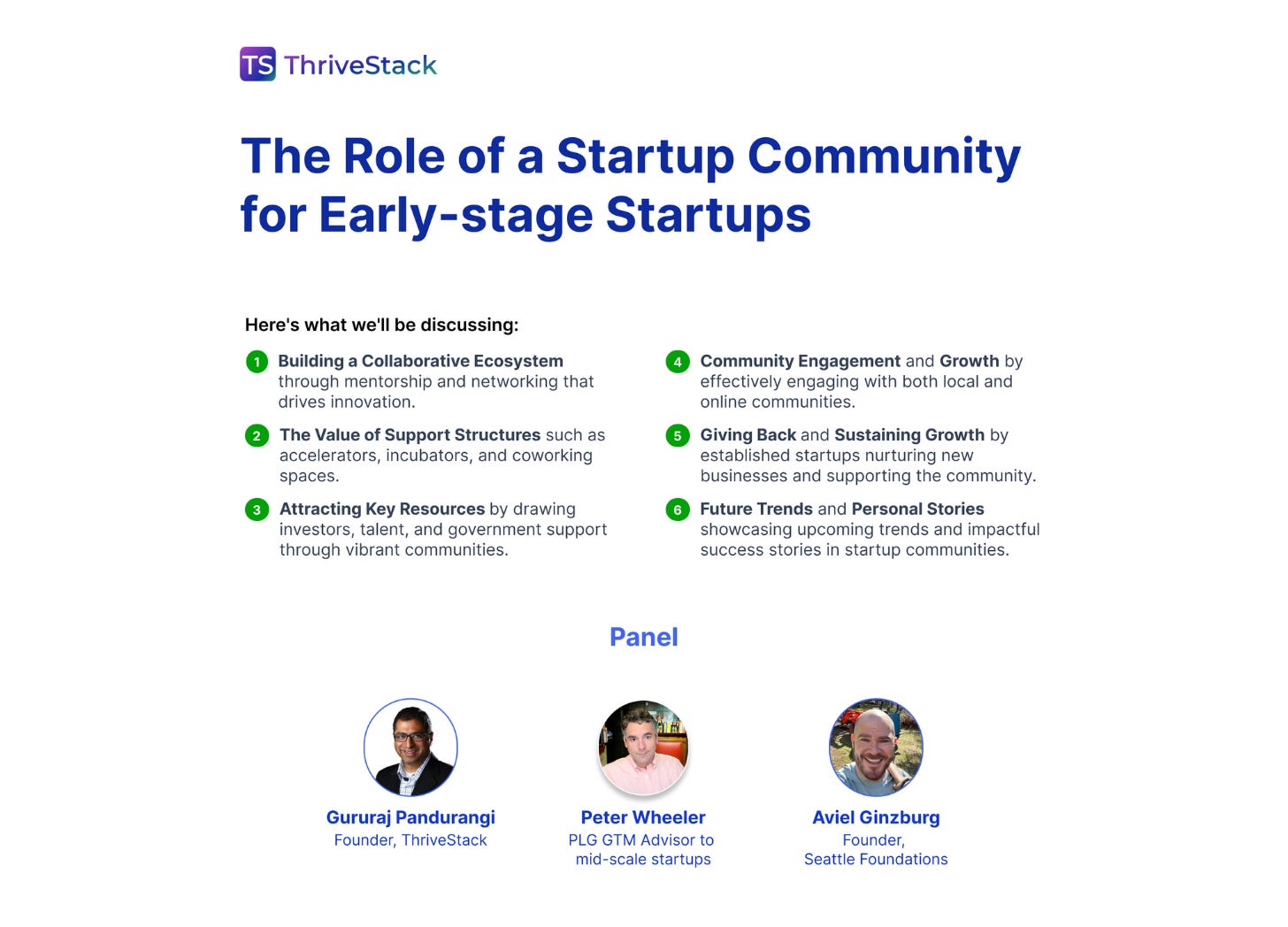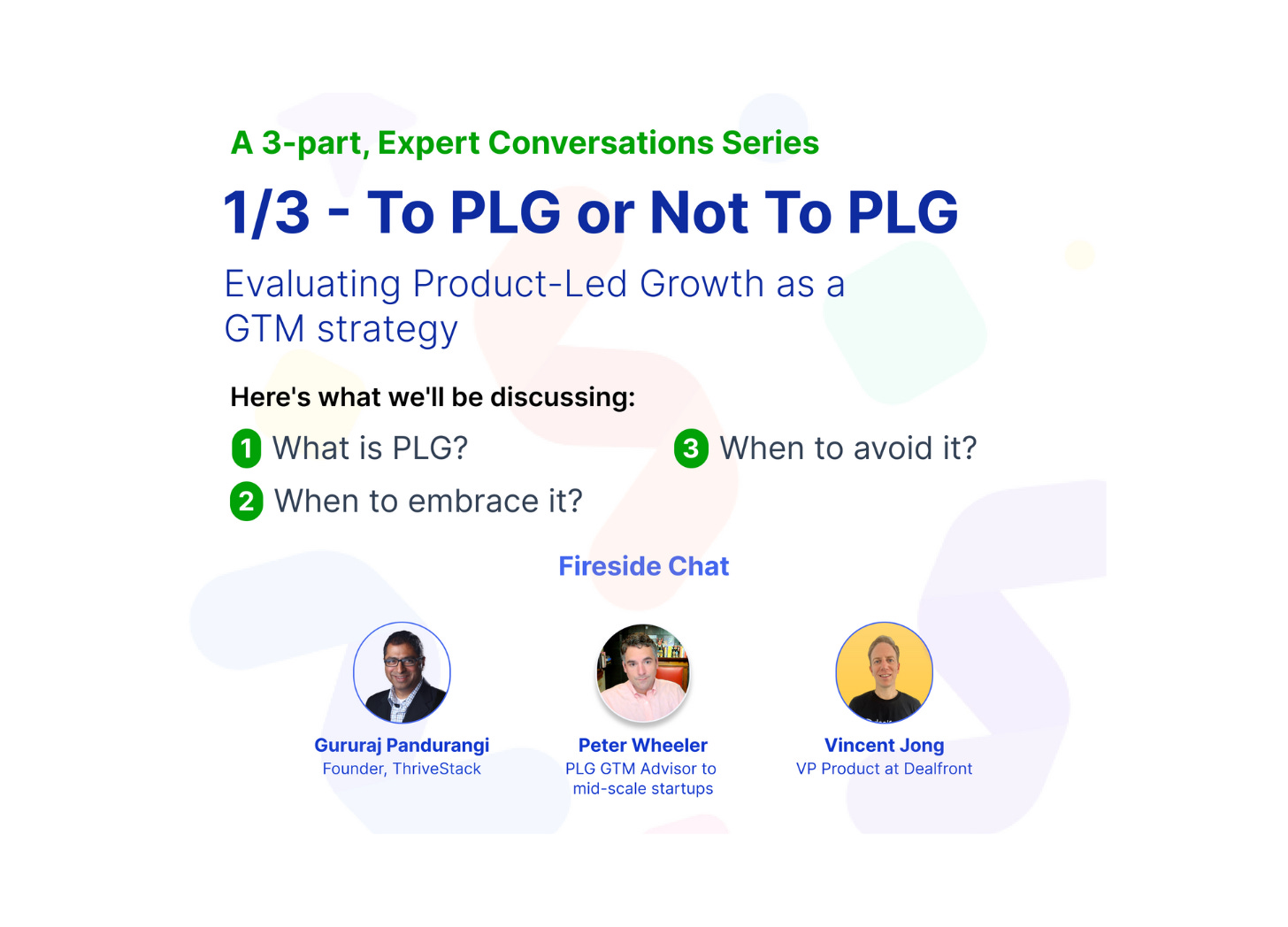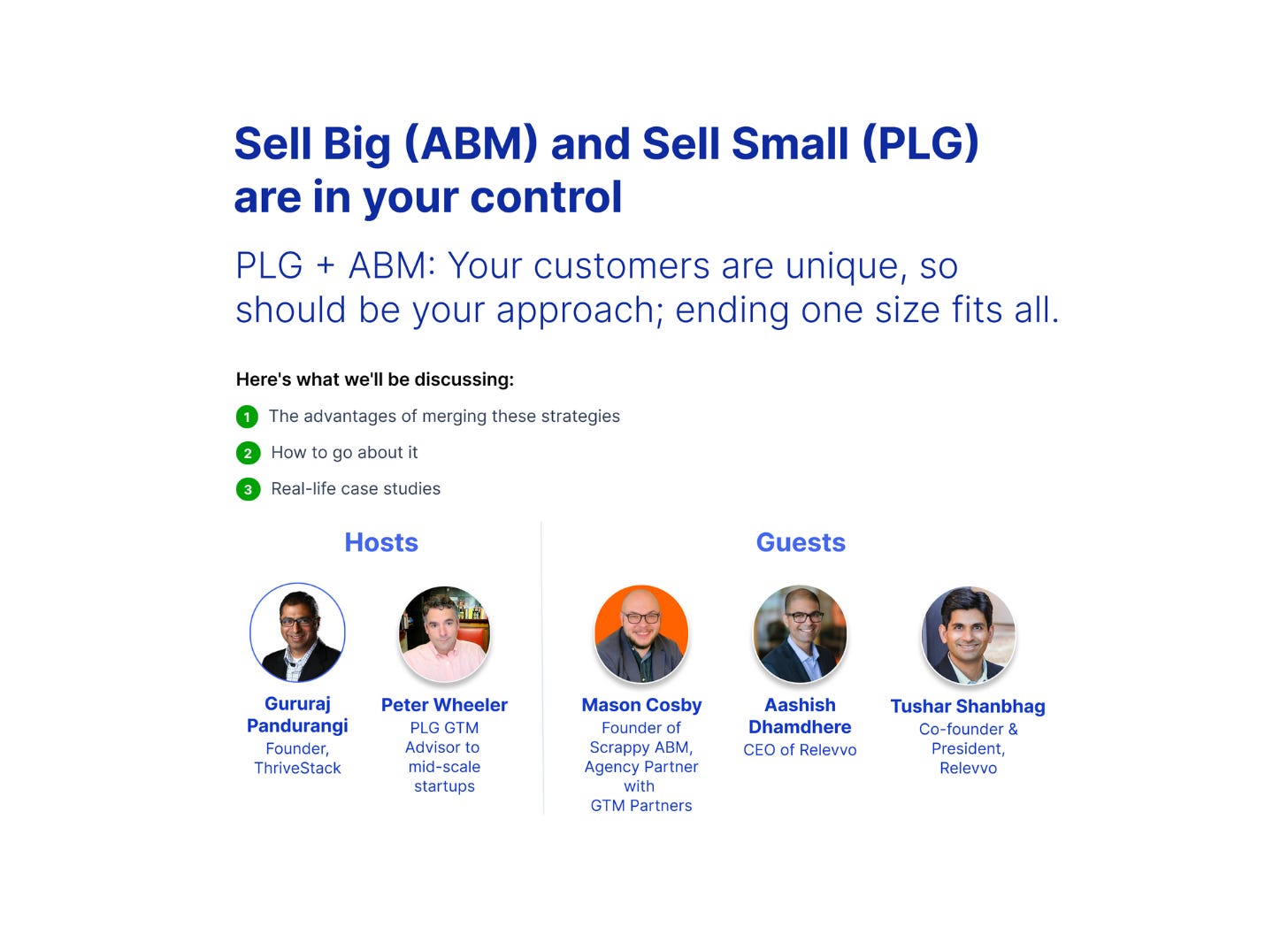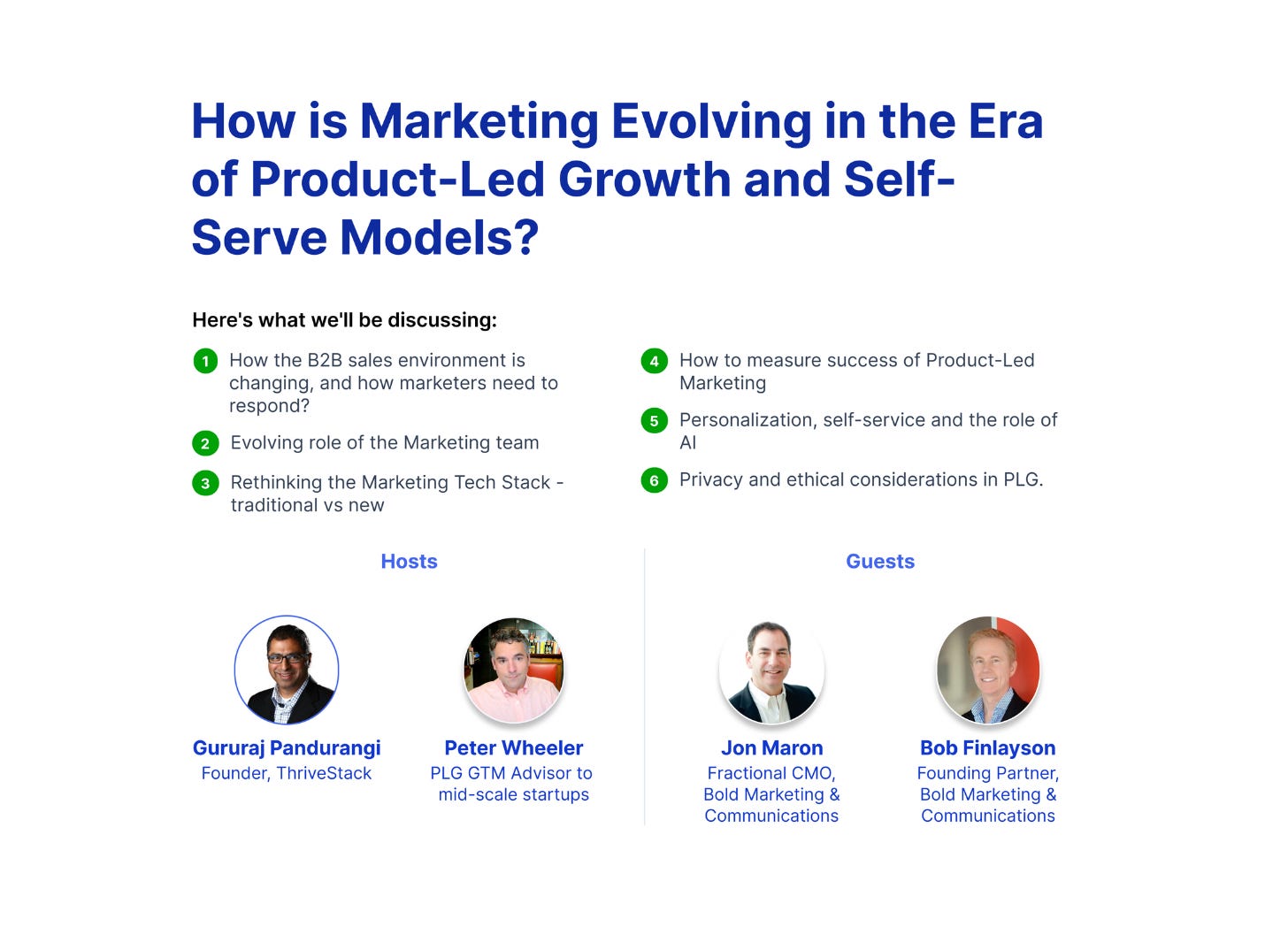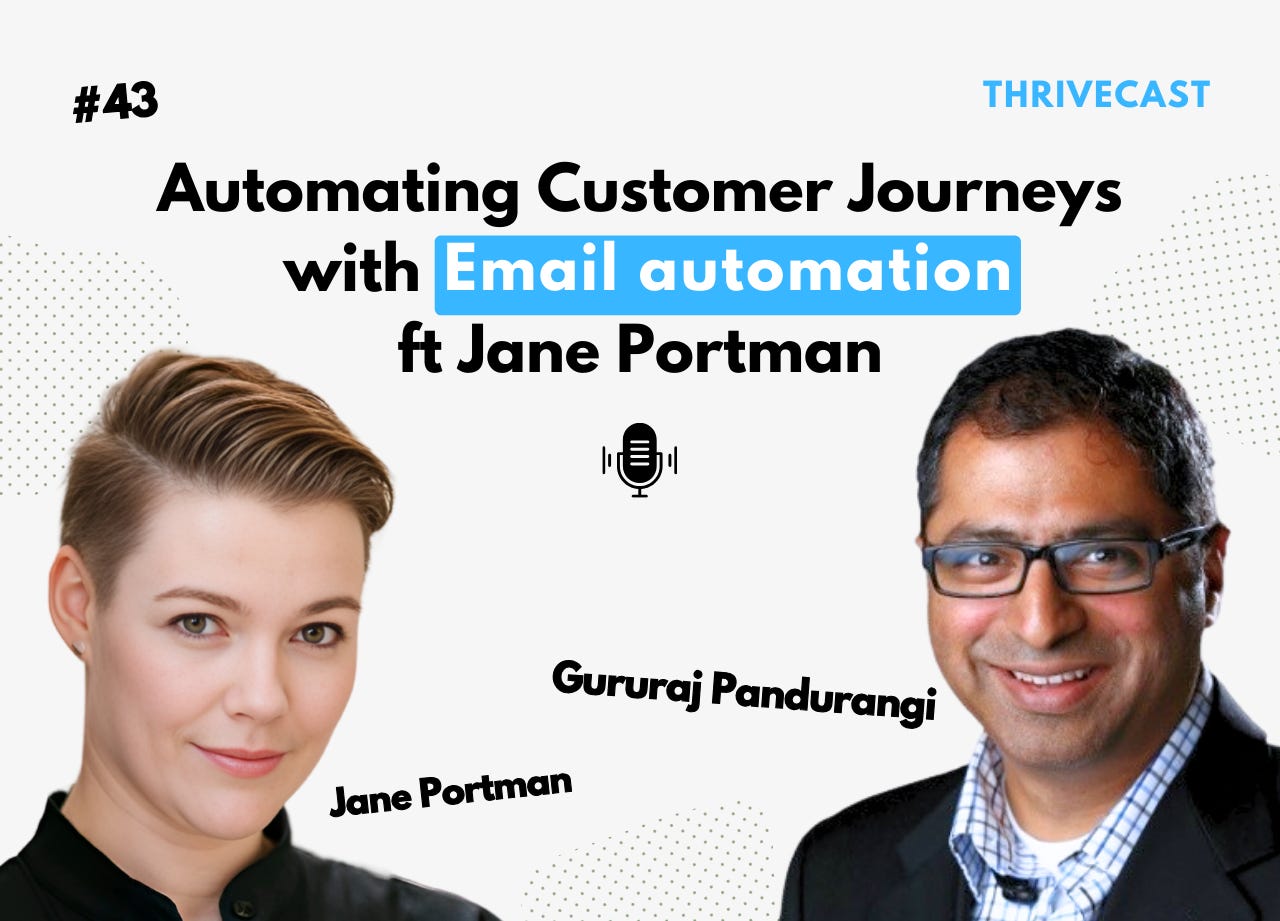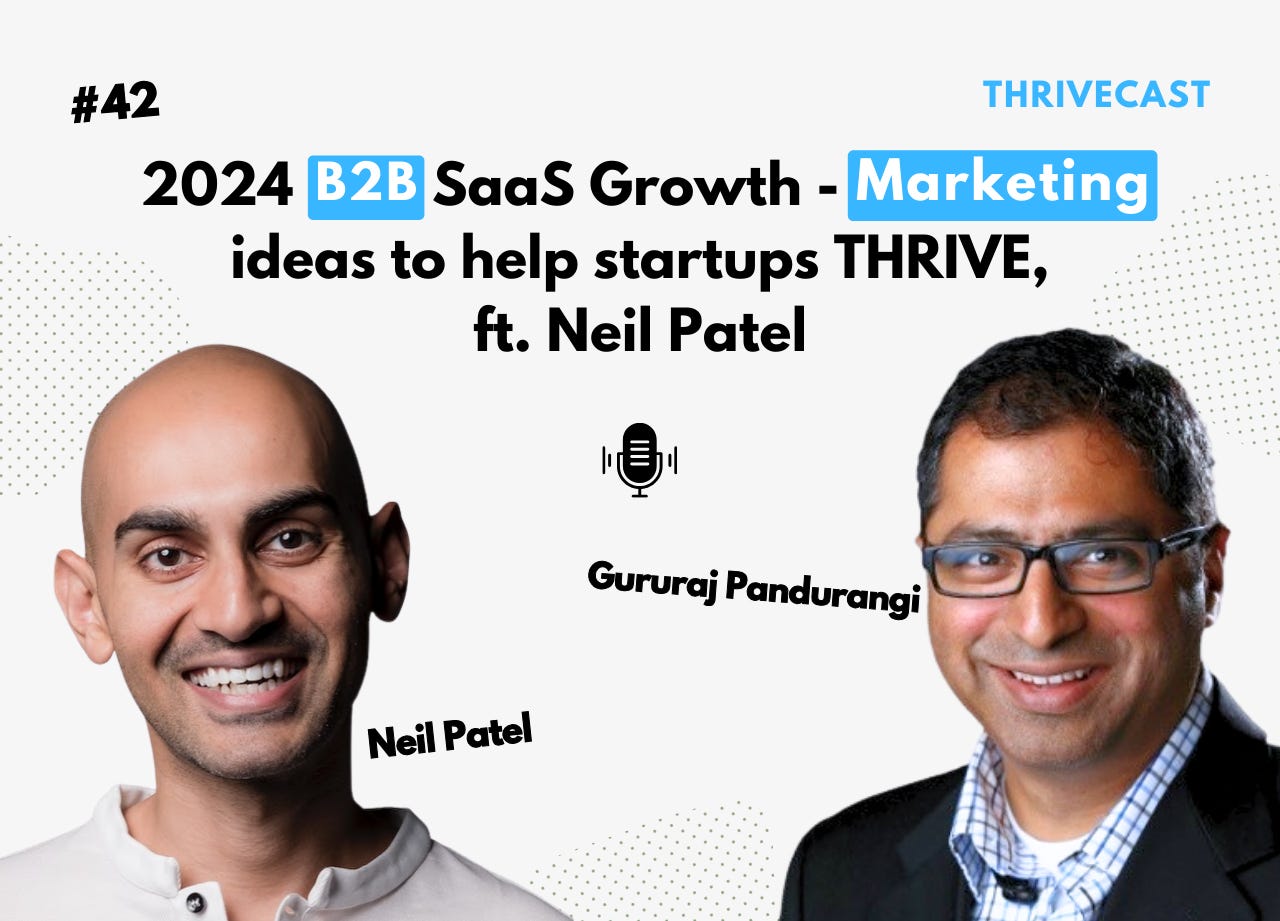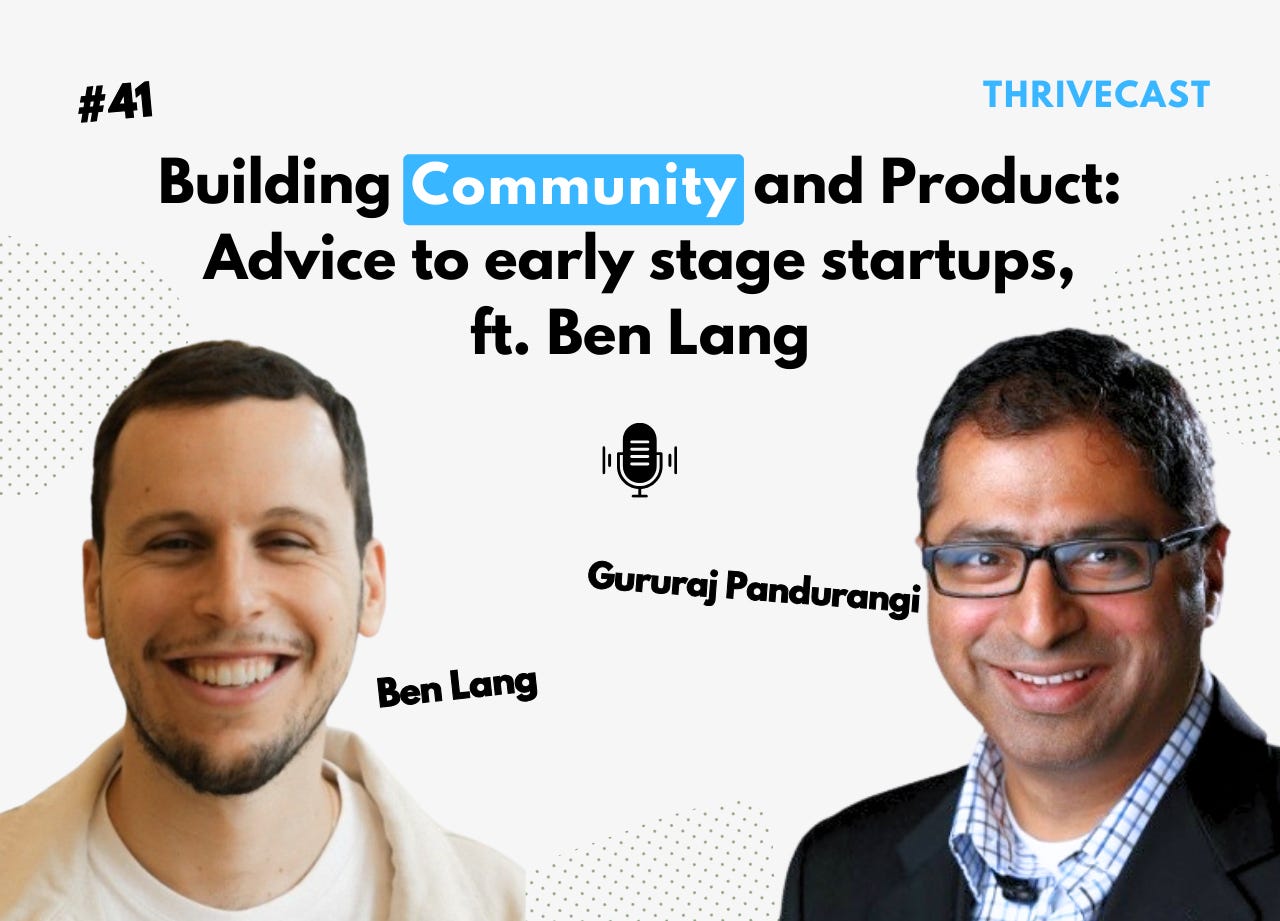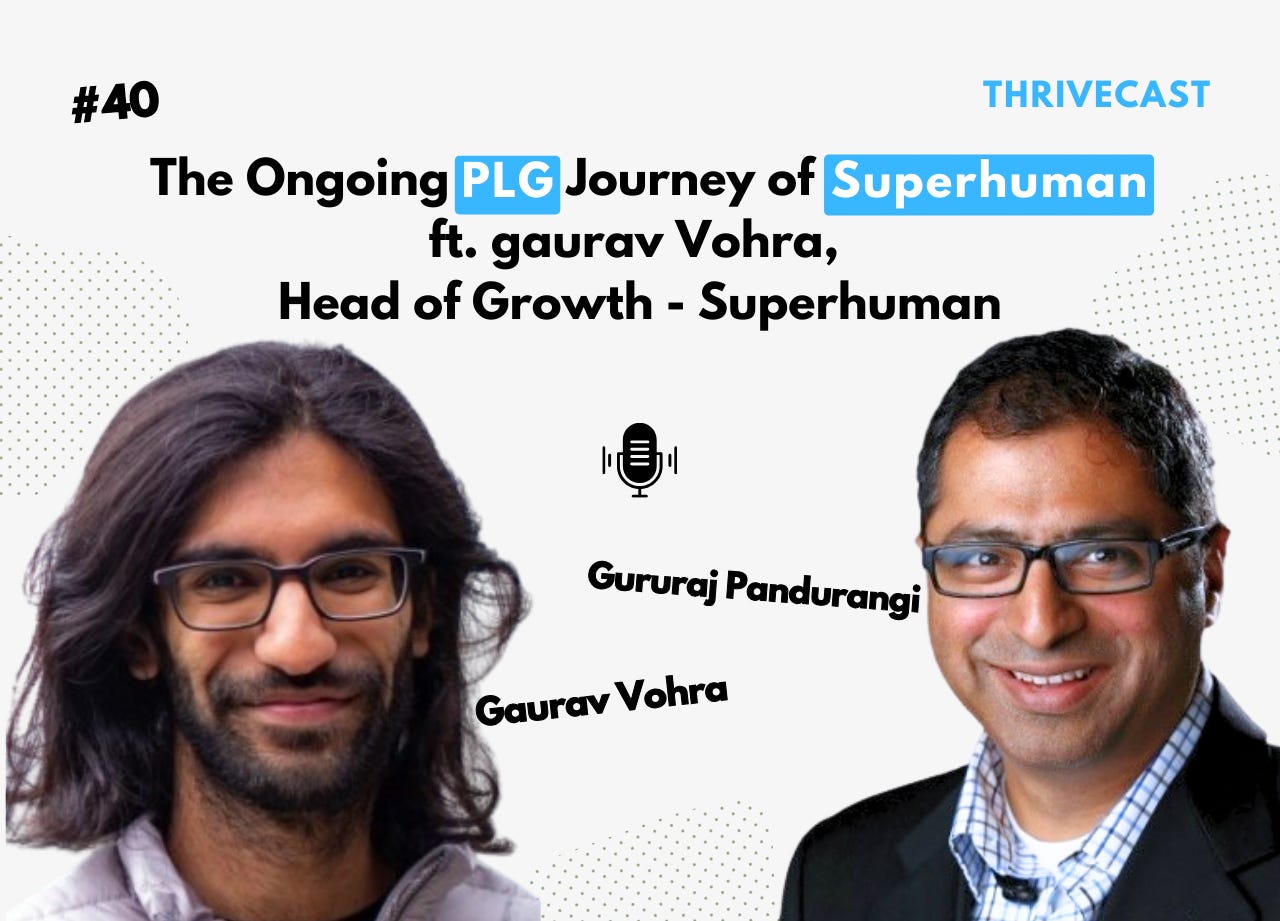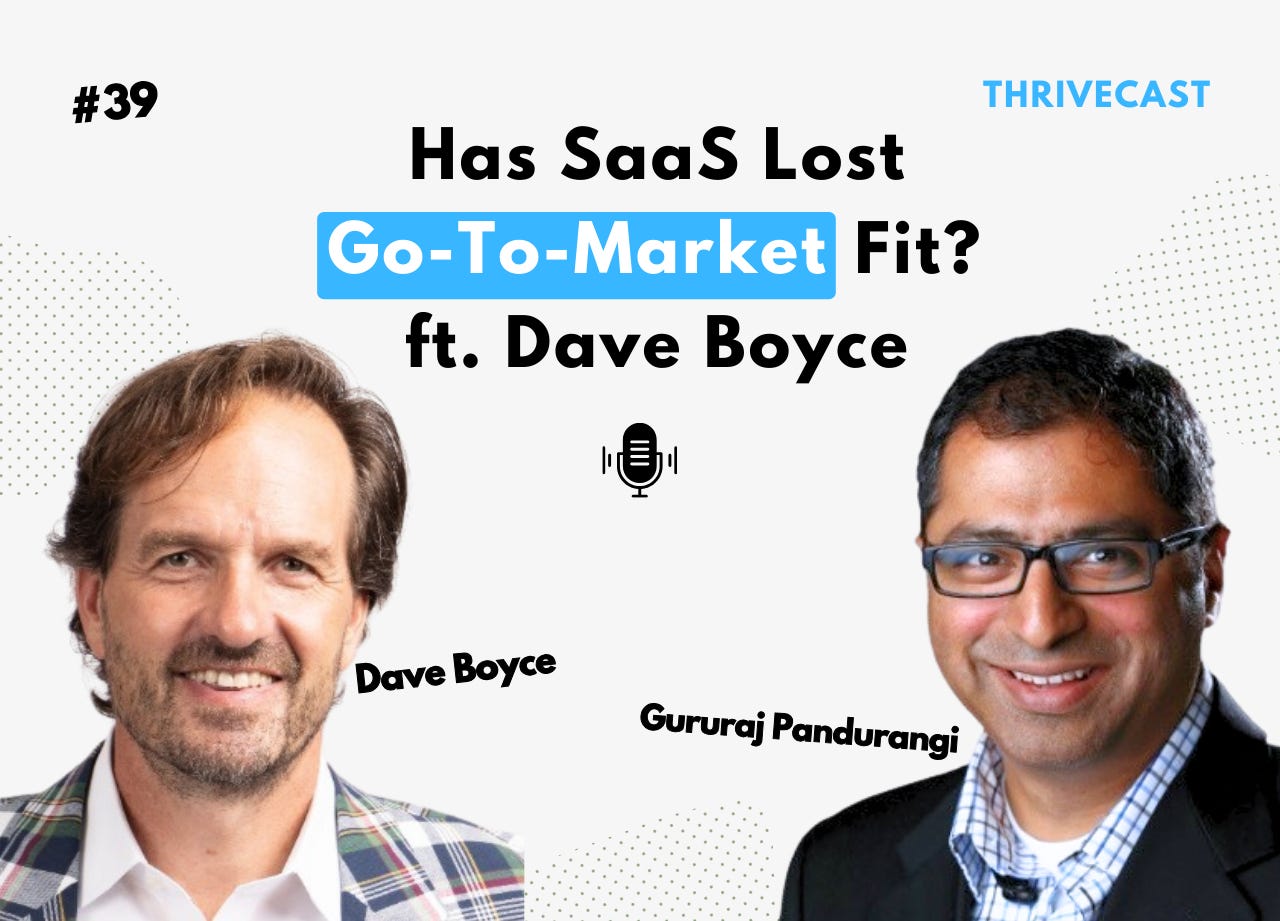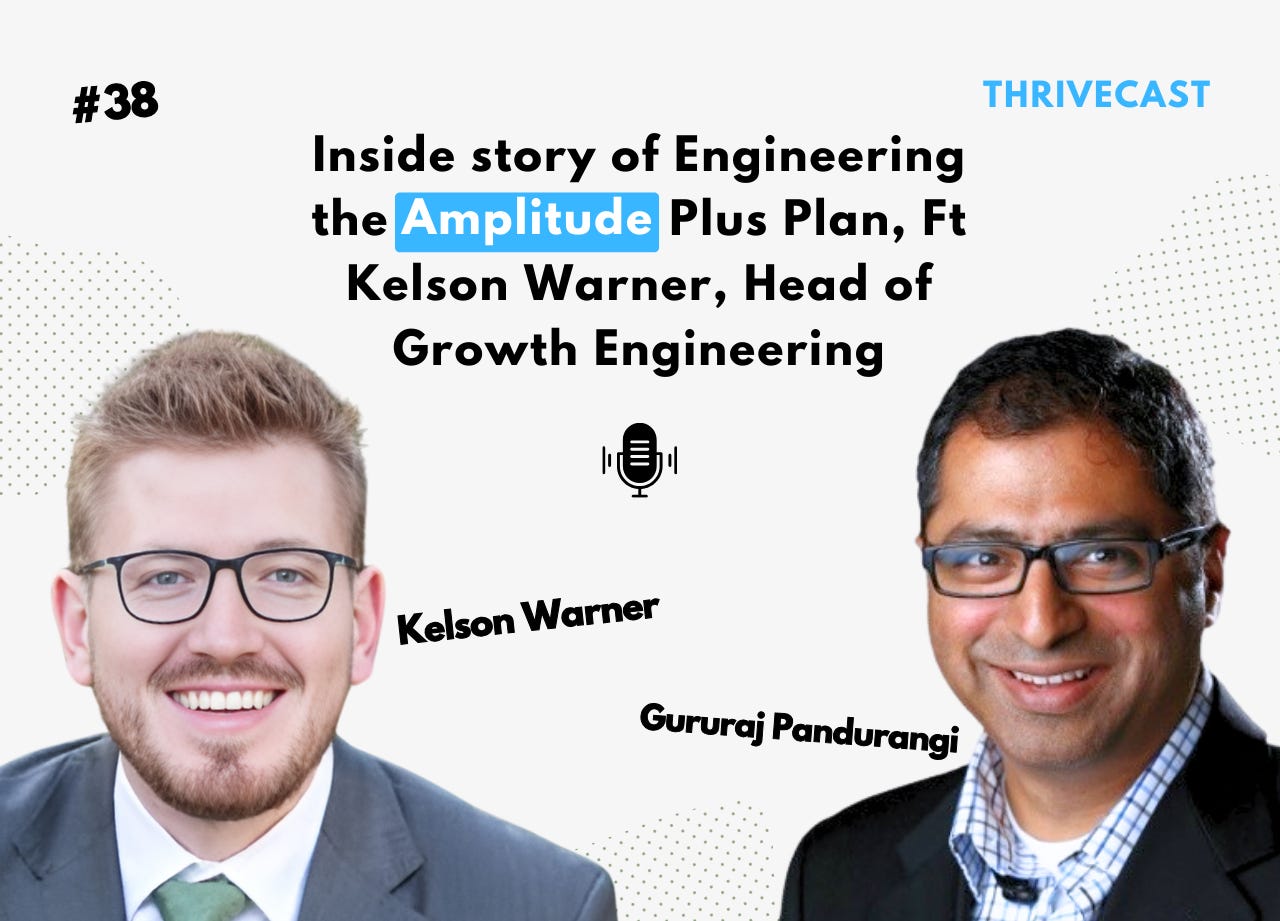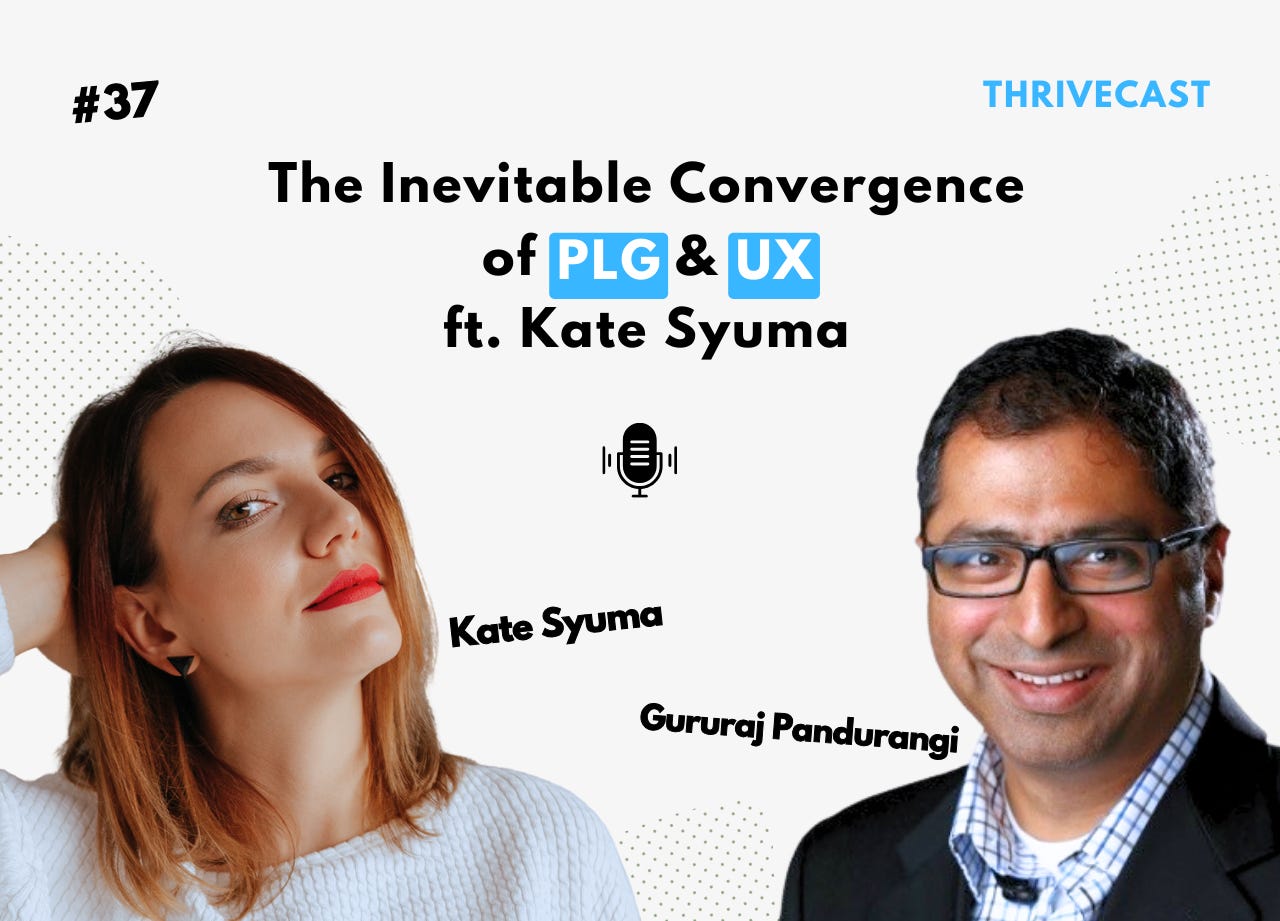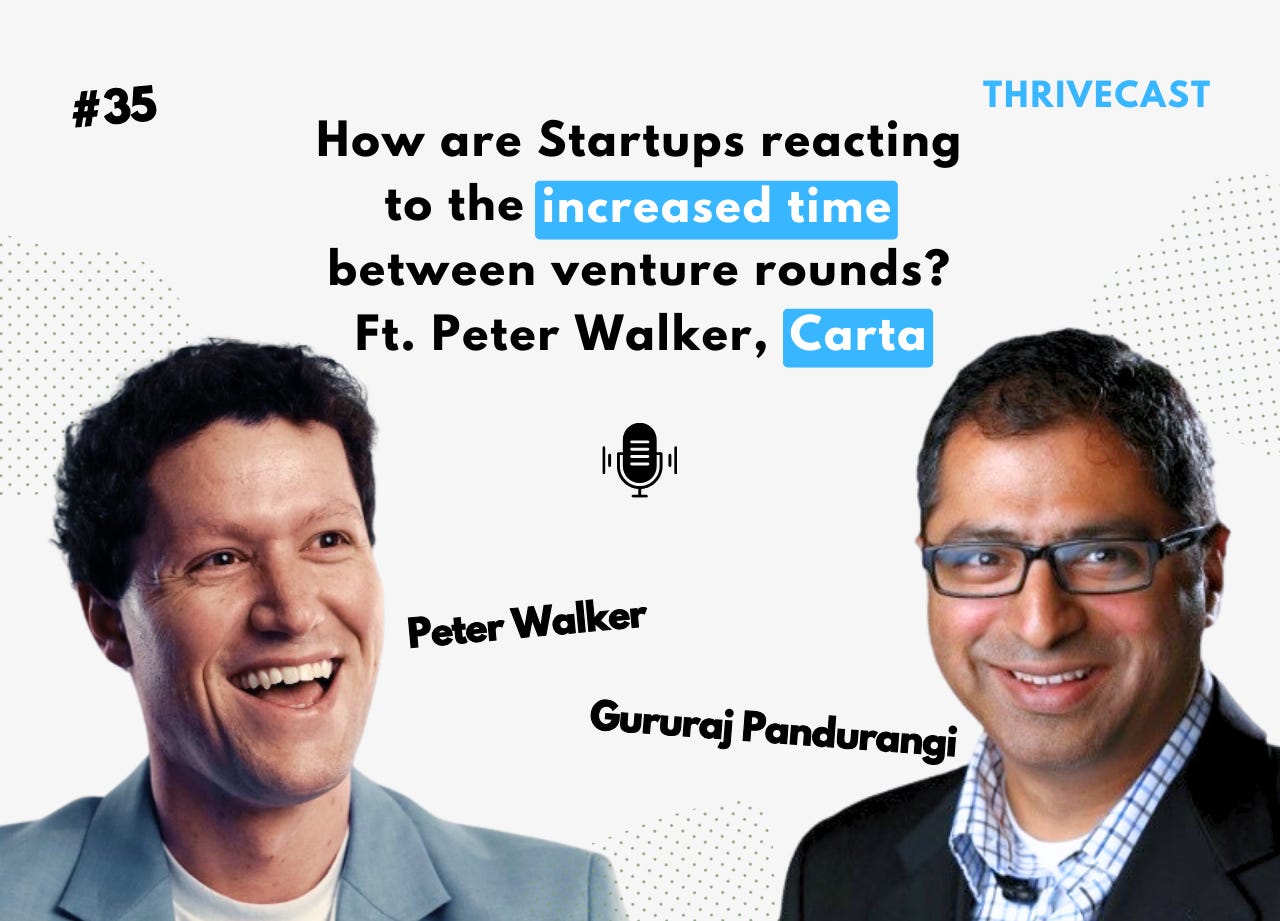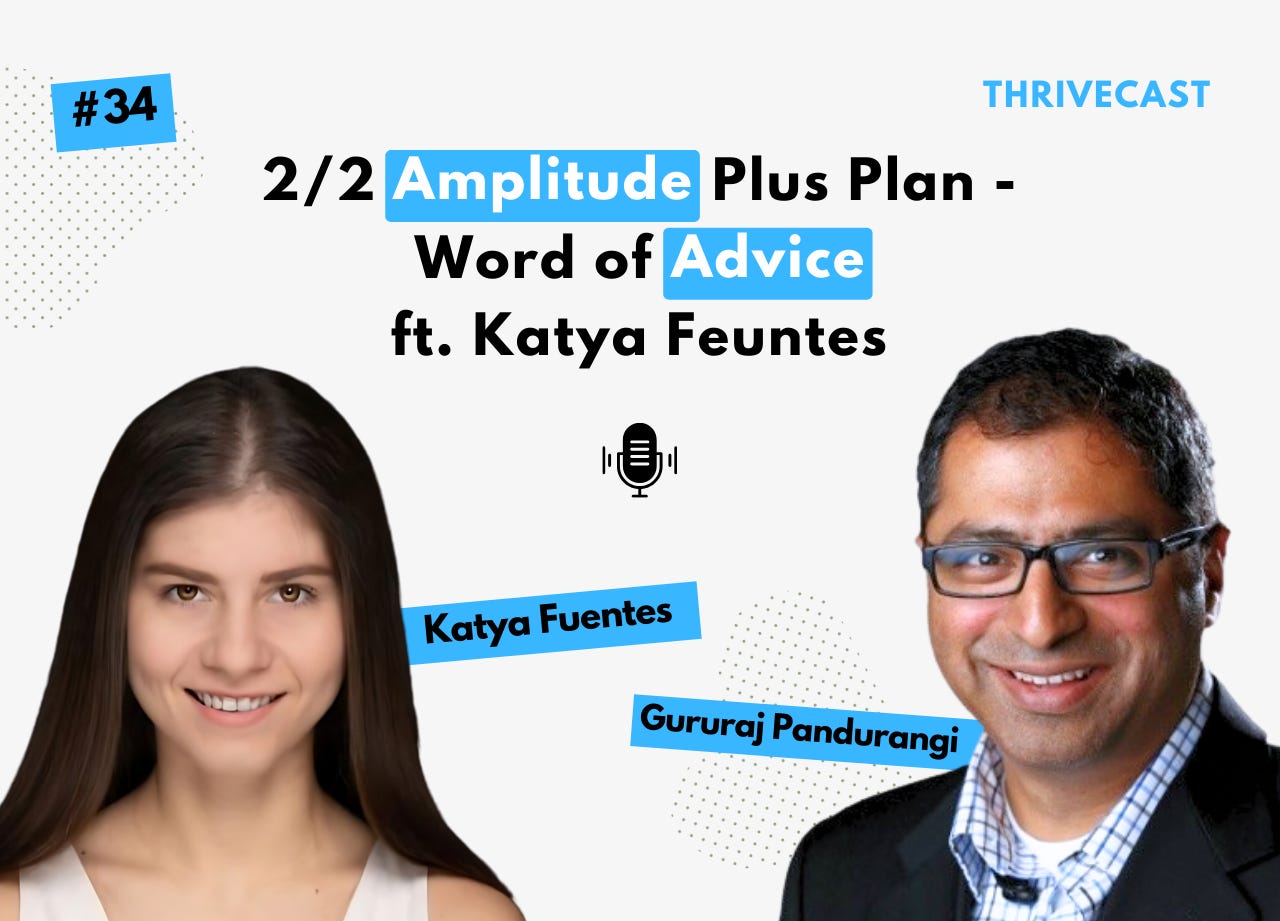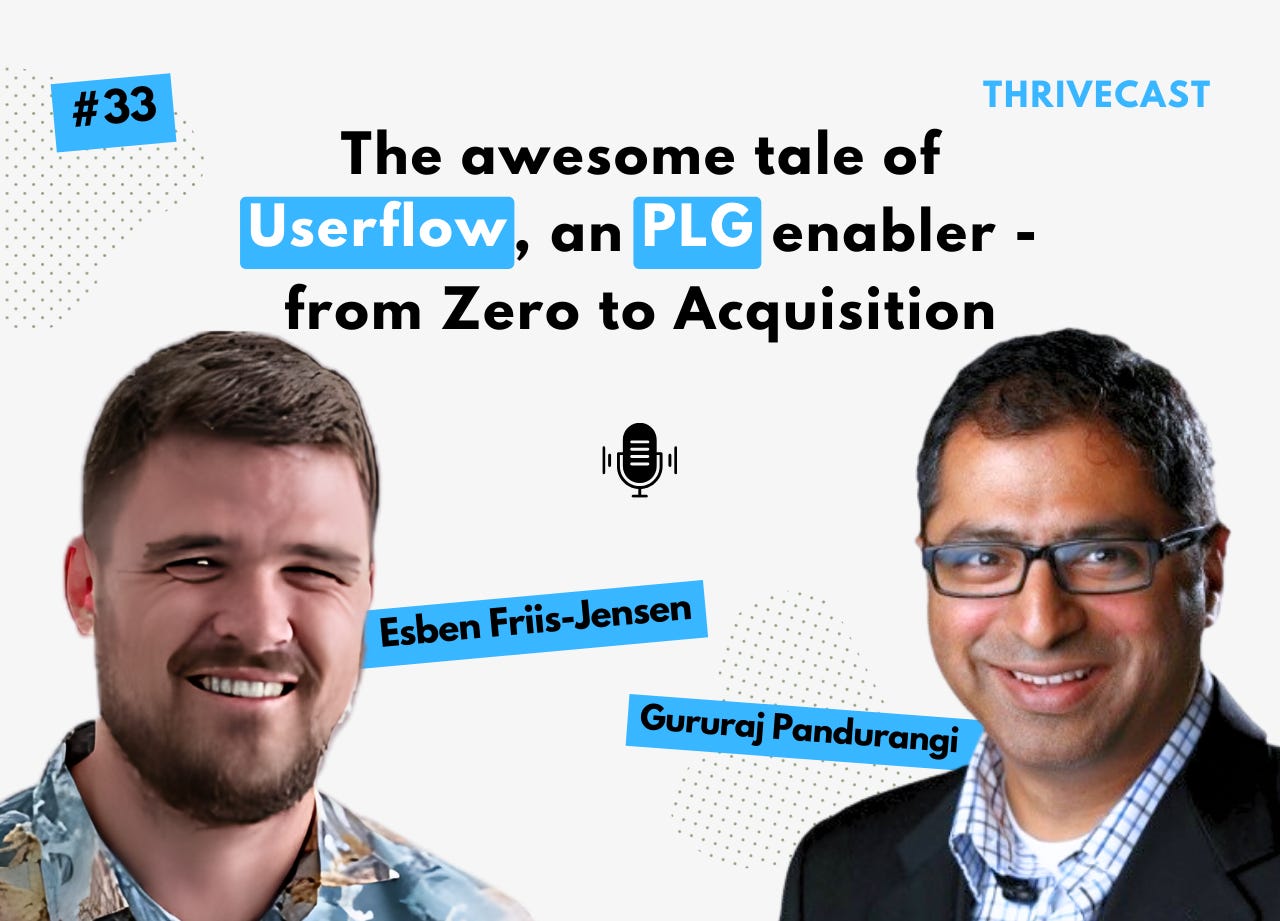#36 — The ongoing PLG journey of Zuora, ft. Dana Yobst, Ex-Head of Growth
Description
Today, we're excited to have Dana Yobst, the former Head of Growth at Zuora, join us to discuss Zuora's ongoing Product-Led Growth (PLG) journey. Dana has been instrumental in driving growth strategies at Zuora and brings a wealth of experience in go-to-market leadership
Listen now on Apple, Spotify, Castbox, Google and YouTube.
PLG at Zuora circa 2021
* State of Affairs in 2021:
* Market conditions had changed significantly.
* Competitors were offering trials.
* Buyers, especially developers, demanded hands-on experience over analyst reports and customer references.
* Importance of PLG:
* Developers gained more influence in decision-making processes.
* Need to enable self-education and engagement for developers.
* Crucial for the entire organization, from executives to developers and product managers, to embrace PLG to align Product & Sales & Marketing in a cohesive GTM strategy.
* Key Stakeholders:
* PLG was seen as essential by various stakeholders within Zuora.
* Executives, developers, and product managers needed to become comfortable with the new approach.
Why was it difficult to implement a Self-Service trial ?
Implementing self-serve trials at Zuora posed several challenges. The initial tenant creation process was highly manual, taking up to 2-3 hours.
The lean team at Zuora had limited resources, which meant proving the value of self-service was a necessary step before securing further investment. As the market conditions evolved and competitors improved their offerings, it became clear that modern, intuitive user experiences were essential to meet new expectations. Despite these hurdles, Zuora recognized the need to add a self-service GTM motion model to stay competitive.
How Zuora Tackled the Self-Service Trial Challenge
Zuora approached the implementation of self-service trial with a strategic plan:
* Prioritizing Experiments:
* Focused on sales-led trials, trial metrics, and improved self-serve experiences.
* Decided against building self-serve experiences first due to initial complexity.
* Clear Responsibilities:
* Established a dedicated team to manage PLG initiatives.
* Leveraged creative engineering solutions to streamline the provisioning process, reducing it from hours to seconds.
* Big Ticket Items:
* Addressed key implementation challenges such as provisioning and data enablement.
* Conducted rapid, iterative experiments to refine the process and improve user experiences.
These strategic actions laid the foundation for a more scalable and user-friendly self-serve model at Zuora.
Learnings from Zuora's Experiments
Zuora's journey through various experiments provided several valuable insights:
* Understanding User Behavior:
* Trials are most effective for mid-funnel prospects.
* Zuora's focus on Product-Led Sales (PLS) proved crucial, as it helped in identifying the right user segments and tailoring the experience accordingly.
* Effective Resource Utilization:
* Initially, Zuora used simple tools like Google Docs and Slack to manage trials, enabling rapid feedback and iteration.
* These tools helped bridge the gap while more sophisticated solutions were developed.
* Scaling Challenges:
* Automating the provisioning process significantly reduced setup time from hours to seconds, allowing for more scalable trials.
* However, de-provisioning remained a manual process to avoid losing potential prospects' work, highlighting the need for balanced automation.
* Trial Metrics and Conversion:
* Close rates for trials were double compared to non-trial opportunities, demonstrating the efficacy of trials in driving sales.
* Significant improvements in ACV and quarterly performance further validated the trial approach.
* Iterative Learning:
* Experiments revealed that users preferred hands-on learning over extensive resource centers, leading to a shift in focus towards more intuitive in-app guidance.
* Understanding specific user needs and adapting the trial experience accordingly was key to improving user satisfaction and trial success rates.
These learnings helped Zuora refine its approach and better support its PLG initiatives, ensuring a more seamless and effective user experience.
Closing
To wrap up, Zuora's journey toward implementing a robust Product-Led Growth (PLG) strategy highlights the importance of continuous learning and adaptation. Dana Yobst's insights offer valuable lessons for any organization looking to embark on a similar path.
For company leaders currently embarking on their PLG journey, her advice is clear: prioritize experimentation, embrace the iterative process, and ensure alignment across all teams.
Key Timestamps
* (00:00 ) Introduction
* (02:30 ) Market conditions and competitor offerings
* (03:10 ) Buyer demands and developer influence
* (04:00 ) Importance of PLG and key stakeholders
* (09:30 ) Initial manual tenant creation process
* (10:15 ) Tech debt and validation complexities
* (11:00 ) Lean team and resource constraints
* (12:00 ) Evolving market and product needs
* (15:30 ) Prioritizing experiments: Sales-led trials and metrics
* (16:15 ) Clear responsibilities and dedicated PLG team
* (17:00 ) Streamlining provisioning process
* (18:00 ) Addressing key implementation challenges
* (19:00 ) Iterative experiments and user experience improvements
* (25:30 ) Understanding user behavior: Mid-funnel prospects
* (26:15 ) Effective resource utilization: Google Docs and Slack
* (27:00 ) Scaling challenges: Automating provisioning
* (28:00 ) Trial metrics and conversion improvements
* (29:00 ) Iterative learning: In-app guidance and user satisfaction
* (36:00 ) Advice for company leaders on the PLG journey
Where to Find the Guest:
LinkedIn: Dana Yobst
Where to Find the Host:
LinkedIn: Gururaj Pandurangi
This is a public episode. If you would like to discuss this with other subscribers or get access to bonus episodes, visit www.hybridgtm.com

